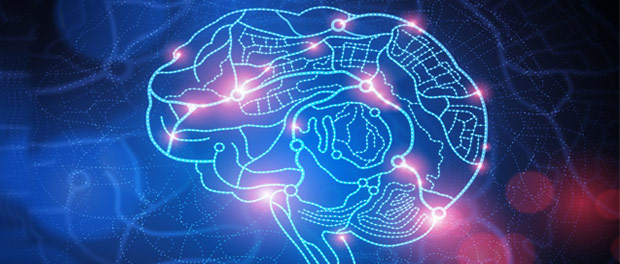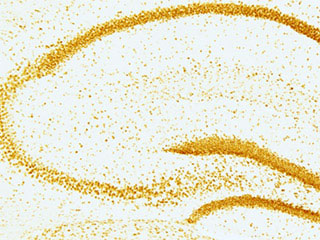
Stress affects everyone differently – some people perform well and can adapt under stress but for others it can be severely debilitating. A previous blog article highlighted stress-related research that uncovered a connection between the common epigenetic mechanism DNA methylation and serotonin gene expression. Now, new research from Rockefeller University further expands our understanding of stress and how epigenetic molecular mechanisms may contribute to stress-related disorders. By using mice with similar genetic makeup and investigating the epigenetic mechanism known as histone acetylation, this research may help explain how anxiety and depression develop.
“Like people, each animal has unique experiences as it goes through its life. And we suspect that these life experiences can alter the expression of genes, and as a result, affect an animal’s susceptibility to stress,” says Bruce McEwen, Alfred E. Mirsky Professor, senior author and head of the Harold and Margaret Milliken Hatch Laboratory of Neuroendocrinology. “We have taken an important step toward explaining the molecular origins of this stress gap by showing that inbred mice react differently to stress, with some developing behaviors that resemble anxiety and depression, and others remaining resilient.”
The study, published in Molecular Psychiatry, proposes new markers for diagnosing anxiety and depression, among other stress-related disorders. It also sheds light on potential new treatments of these debilitating and common disorders.

During a series of experiments, the researches exposed mice to daily bouts of stress such as disrupted dark-light cycles, confinement to small spaces, cage tilting, among other stressors that cause discomfort similar to the stressful experiences that are thought to lead to depression in humans. They then conducted tests which assessed the mice’s equivalent of depression and anxiety and found that about 40 percent of the mice demonstrated high levels of depression-like and anxious behaviors, such as preferring a dark compartment over a light one or losing interest in sugar water. The other 60 percent of mice coped well the stress. The researchers identified two major sub-populations: susceptible mice that show mood-related abnormalities and resilient mice, which cope better with stress.
The researchers discovered that the mice that performed poorly in the rodent depression and anxiety tests had less mGlu2 in a region of the brain called the hippocampus, a region involved in emotional responses and stress.
The molecule, mGlu2, is important because it regulates glutamate, a neurotransmitter. Too much glutamate can result in structural changes to the brain, but it is important to many crucial processes and relays neuronal messages. The decrease in mGlu2 in the highly stress-susceptible mice was a result of a histone modification – histone acetylation – of a gene that codes for mGlu2.
“If you think of the genetic code as words in a book, the book must be opened in order for you to read it. These epigenetic changes, which affect histone proteins associated with DNA, effectively close the book, so the code for mGlu2 cannot be read,” says first author Carla Nasca, a postdoc in the lab and a fellow of the American Foundation for Suicide Prevention. Nasca and colleagues demonstrated the involvement of mGlu2 in depression when they showed that a promising possible treatment known as acetyl carnitine rapidly alleviated depression-like symptoms in mice and rats by reversing these epigenetic changes to mGlu2 and causing its levels to increase.
“Indeed, genetic mGlu2 deletion in mice results in a more severe susceptibility to stress, mimicking the susceptible mouse subpopulation,” wrote the investigators. “Furthermore, we describe an underlying mechanism by which glucocorticoids, acting via mineralocorticoid receptors (MRs), decrease resilience to stress via downregulation of mGlu2 receptors.”
“Currently, depression is diagnosed only by its symptoms,” Nasca says. “But these results put us on track to discover molecular signatures in humans that may have the potential to serve as markers for certain types of depression. Our work could also lead to a new generation of rapidly acting antidepressants, such as the candidate acetyl carnitine, which would be particularly important to reduce the risk of suicide.”
“The brain is constantly changing. When stressful experiences lead to anxiety and depressive disorders the brain becomes locked in a state it cannot spontaneously escape,” McEwen says. “Studies like this one are increasingly focusing on the regulation of glutamate as an underlying mechanism in depression and, we hope, opening promising new avenues for the diagnosis and treatment of this devastating disorder.”
Source: Learn all about it and read more about their findings here: Mind the gap: glucocorticoids modulate hippocampal glutamate tone underlying individual differences in stress susceptibility. C Nasca, B Bigio, D Zelli, F Nicoletti and B S McEwen. Aug 2014.
References: Rockefeller University. Research hints at why stress is more devastating for some. Aug 2014.


